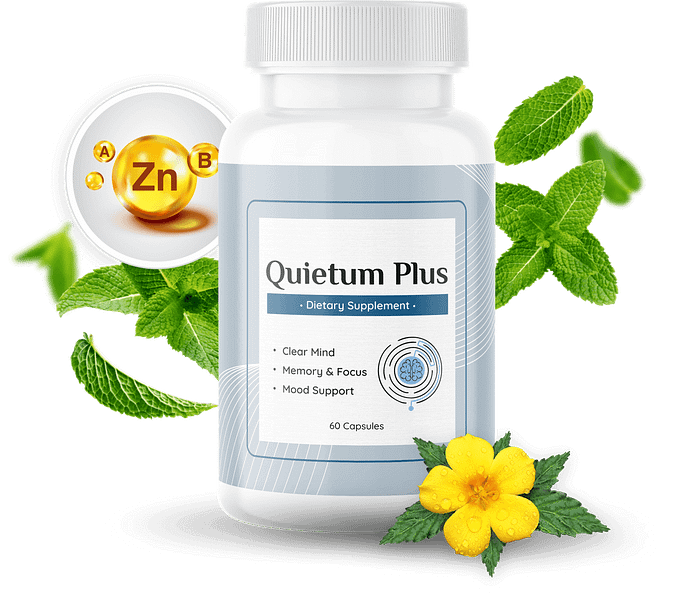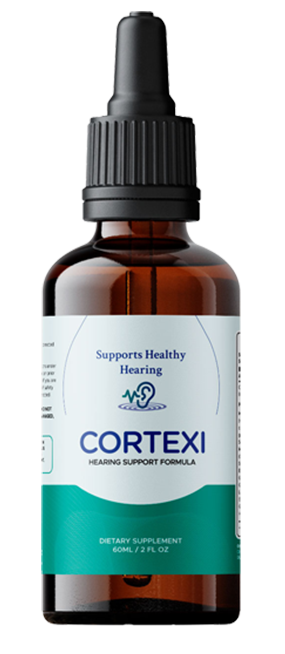Strategies for Preventing Hearing Loss, Such as Ear Protection and Lifestyle Changes


Hearing is an essential part of our everyday lives. It enables us to communicate, work, and enjoy the world around us. Unfortunately, hearing loss is a common problem, affecting millions of people worldwide. According to the World Health Organization (WHO), over 466 million people worldwide have disabling hearing loss, and this number is expected to increase. Fortunately, there are strategies for preventing hearing loss, such as ear protection and lifestyle changes. In this article, we will explore these strategies in detail.
Hearing loss is the partial or total inability to hear sounds in one or both ears. It can be caused by a variety of factors, including exposure to loud noises, aging, infections, genetics, and certain medications. The severity of hearing loss can range from mild to profound, and it can affect people of all ages.
Hearing Loss Prevention
Hearing loss prevention is a critical part of maintaining good hearing health. The following are some strategies for preventing hearing loss:
- Ear Protection: One of the most effective ways to prevent hearing loss is by wearing ear protection. Earplugs, earmuffs, and other types of hearing protection devices can reduce the risk of hearing damage from loud noises. This is especially important for people who work in noisy environments, such as construction sites or factories.
- Noise Reduction: Another way to prevent hearing loss is by reducing exposure to loud noises. This can be achieved by turning down the volume on electronic devices, using noise-canceling headphones, and avoiding loud environments whenever possible.
- Hearing Health: Taking care of your hearing health is another essential strategy for preventing hearing loss. This includes getting regular hearing tests, avoiding the use of cotton swabs or other objects to clean your ears, and seeking medical attention for ear infections or other ear-related problems.
- Occupational Health and Safety: Employers can play a significant role in preventing hearing loss by providing appropriate training and equipment to employees who work in noisy environments. This can include providing hearing protection devices, enforcing noise-level regulations, and implementing engineering controls to reduce noise levels.
- Personal Protective Equipment: In addition to ear protection, other types of personal protective equipment can also help prevent hearing loss. This includes safety glasses, hard hats, and other gear that can protect the head and ears from injury.
- Hearing Conservation: Hearing conservation programs are designed to prevent hearing loss in the workplace. These programs typically include regular hearing tests, education and training, and the use of hearing protection devices.
- Audiometry: Audiometry is a hearing test that measures a person’s ability to hear sounds at different frequencies and volumes. This test can help identify hearing loss early, allowing for prompt intervention and treatment.
- Health Education: Educating people about the risks of hearing loss and the importance of protecting their hearing is crucial for preventing hearing loss. This can include providing information about the dangers of loud noises, the proper use of ear protection devices, and the importance of regular hearing tests.
- Hearing Screening: Hearing screenings are quick and painless tests that can identify hearing loss early. These screenings are often conducted in schools, workplaces, and other community settings.
- Decibel Levels: Decibel levels are a measure of sound intensity. Exposure to sounds above 85 decibels can cause hearing damage, so it’s important to be aware of the decibel levels of the sounds around you.
Lifestyle Changes for Hearing Loss
In addition to the strategies mentioned above, there are several lifestyle changes that can help prevent hearing loss. Here are some lifestyle changes to consider:


- Avoid Loud Noises: One of the most important lifestyle changes to prevent hearing loss is to avoid loud noises whenever possible. This means avoiding environments with loud music, power tools, and other sources of noise that can damage your hearing.
- Wear Ear Protection: As mentioned earlier, wearing ear protection can reduce the risk of hearing damage from loud noises. Make sure to wear earplugs, earmuffs, or other types of hearing protection devices when you’re exposed to loud noises.
- Take Breaks: If you work in a noisy environment, take frequent breaks to give your ears a rest. This can help reduce the risk of hearing damage from prolonged exposure to loud noises.
- Reduce Volume: When listening to music or watching TV, turn down the volume. This can help prevent hearing damage from prolonged exposure to loud sounds.
- Quit Smoking: Smoking can increase the risk of hearing loss, so quitting smoking is an important lifestyle change to consider.
Conclusion
In conclusion, hearing loss is a common problem that can have a significant impact on our lives. Fortunately, there are several strategies for preventing hearing loss, such as ear protection and lifestyle changes. By taking steps to protect our hearing, we can maintain good hearing health and enjoy the world around us for years to come. Remember, prevention is key when it comes to hearing loss, so take the necessary steps today to protect your hearing for tomorrow.
Here are natural medicine that can help you:
SonoVive — Every bottle is made here, in the USA, in our FDA approved and GMP certified facility, under sterile, strict and precise standards. The SonoVive dropper is natural and pure. You can rest assured that they do not contain any dangerous stimulants or toxins.

Quietum Plus — Tired of ear ringing and whooshing? Research shows tinnitus is linked to damaged signals from ear cells to the brain. Quietum Plus is a formula designed to regenerate and rebuild that damaged wire, backed by clinical studies and a combination of plants, medicine, and technology. Finally find relief from tinnitus symptoms and experience perfect hearing with Quietum Plus. Don’t let tinnitus control your life any longer — try it today.

Cortexi — Hearing, Tinnitus, Brain, Memory — Looking for a way to improve your hearing health? Look no further than Cortexi — the revolutionary formula that has already helped thousands of people around the world! Developed after years of dedicated research and testing, Cortexi is the perfect solution to give your ears the rest and support they need to thrive.

Comments
Post a Comment